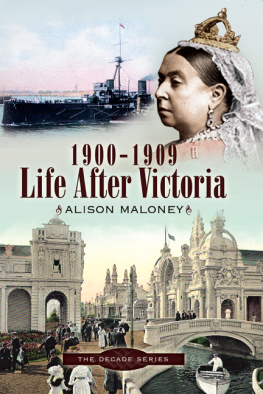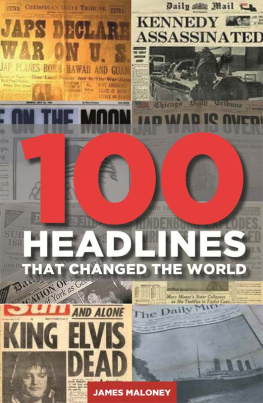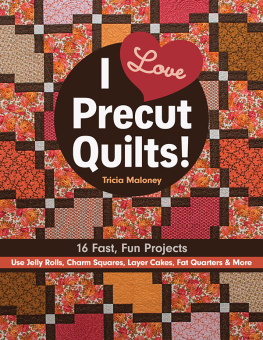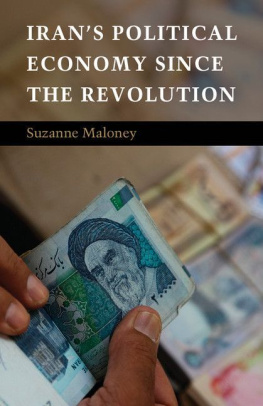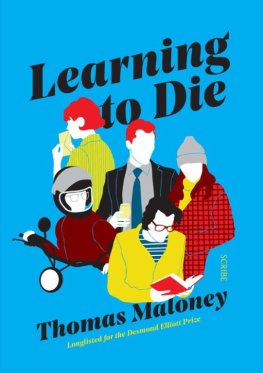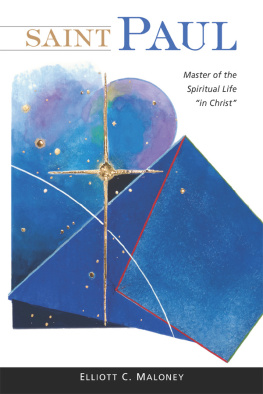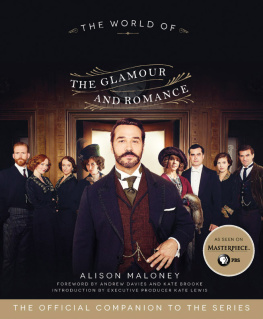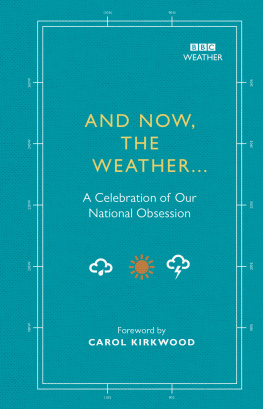

First published in Great Britain in 2008 by
Remember When
An imprint of
Pen & Sword Books Ltd
47 Church Street
Barnsley
South Yorkshire
S70 2AS
Copyright Alison Maloney, 2008
ISBN 978 1 84468 035 1
eISBN 9781844689262
The right of Alison Maloney to be identified as Author of this work has been asserted by her in accordance with the Copyright, Designs and Patents Act 1988.
A CIP catalogue record for this book is available from the British Library
All rights reserved. No part of this book may be reproduced or transmitted in any form or by any means, electronic or mechanical including photocopying, recording or by any information storage and retrieval system, without permission from the Publisher in writing.
Typeset by Phoenix Typesetting, Auldgirth, Dumfriesshire
Printed and bound by CPI UK
Pen & Sword Books Ltd incorporates the Imprints of Pen & Sword
Aviation, Pen & Sword Maritime, Pen & Sword Military, Wharncliffe
Local History, Pen & Sword Select, Pen & Sword Military Classics, Leo
Cooper, Remember When, Seaforth Publishing and Frontline Publishing
For a complete list of Pen & Sword titles please contact
PEN & SWORD BOOKS LIMITED
47 Church Street, Barnsley, South Yorkshire, S70 2AS, England
E-mail: enquiries@pen-and-sword.co.uk
Website: www.pen-and-sword.co.uk
For Georgia and Joe who may find this useful in later years
Contents
Introduction
Although Queen Victoria was still on the throne at the turn of the century, her demise, in January 1901, ushered in the bright, optimistic Edwardian era. The decade over which Victorias son, Edward VII, was to rule saw massive changes which would affect every aspect of daily life.
The Boer War was soon to draw to a close and the First World War was still a long way off; houses were becoming brighter and less oppressive, and technology in transport and industry was advancing in leaps and bounds. According to historian Samuel Hynes, it was a leisurely time, when women wore picture hats and did not vote, when the rich were not ashamed to live conspicuously, and the sun really never set on the British flag.
Undoubtedly, the age was golden for the middle and upper classes but there was still a great deal of inequality and grinding poverty. Nonetheless, by the end of the decade, many laws to alleviate the dire circumstances of the poor were beginning to reach the statute books and women were beginning to see tiny but significant concessions towards equal rights.
Life After Victoria, for most, brought a new dawn and a feeling of hope for the future.
Chapter One
1900
Politics
CREATION OF THE LABOUR PARTY
HISTORY WAS made at the Memorial Hall in Londons Farringdon Street, when 129 delegates from 65 trade unions and three Socialist societies met to establish a Labour group in Parliament to campaign for workers rights.
They passed a motion by Scottish miner James Keir Hardie to form a distinct Labour group in Parliament, who shall have their own whips, and agree upon their policy, which must embrace a readiness to cooperate with any party which for the time being may be engaged in promoting legislation in the direct interests of labour.
Calling themselves, the Labour Representation Committee, James Ramsay MacDonald was voted secretary.
Hardie later made the poetic remark, It has come. Poor little child of danger, nursling of the storm. May it be blessed.
The LRC put up 15 candidates in the 1900 General Election, winning 62,698 votes. Two of the candidates, Keir Hardie and Richard Bell, won seats in the House of Commons.
The LRC was to change its name in 1906 to the Labour Party.

Scottish miner, Keir Hardie, was one of the founding fathers of what is now known as the Labour Party.
WINSTON CHURCHILL BECOMES MP
Winston Churchill, who had failed to be elected as Conservative MP for Oldham in 1899, returned a year later to stand again in the general election. This time he succeeded.
The 26-year-old son of Tory politician Lord Randolph Churchill capitalised on his privileged upbringing. Educated at Harrow, he attended Sandhurst Royal Military College, after which he saw service in India and the Sudan. Churchill made a name for himself during this time by also acting as a war correspondent.
He left the Army in 1899 to take up politics, but first travelled to South Africa as a journalist. Taken prisoner by the Boers, he made a daring escape and returned home to a heros welcome. The nation warmed to some stirring patriotic news after a string of failures for the British Army against the Boers. His fame helped him to win his parliamentary seat as the member for Oldham.

Boer War hero and war correspondent, Winston Churchill became an MP.
UNREST IN IRELAND
Irish Nationalist leader John Redmond called for an uprising against the British.
Royalty
ASSASSINATION ATTEMPT ON PRINCE OF WALES
The Prince of Wales escaped uninjured when a 15-year old anarchist fired at him on a train as it left a railway station in Brussels. Jean-Baptiste Sipido stepped onto the footboard of the train, which was taking the Prince and the Princess on a trip to Copenhagen.

An attempt to assassinate the Prince of Wales, later Edward VII, was foiled on 4th April, 1900.
He pointed the gun at the Prince through the window and fired twice but missed his target. He was quickly apprehended and found to be carrying anarchist literature.
Brussels was a centre of opposition to the British role in the Boer War at this time, and Sipido told police he wanted to kill the Prince who had so many men killed in South Africa.
FIRE AND WATER
There were red faces all around as the new Royal Yacht, Victoria and Albert , capsized as it left the port of Southampton. Later in the year, a fire at Buckingham Palace destroyed part of the roof.
ITALIAN KING MURDERED
King Umberto I of Italy was assassinated by anarchist Gaetano Bresci in Monza, near Milan on July 30. He was shot three times.
The King had become deeply unpopular with many for his ruthlessness. During the colonial wars in Africa, there were large demonstrations at home over the rising price of bread. The city of Milan was put under the military control of General Fiorenzo Bava-Beccaris, who ordered the use of cannons on the demonstrators.
Over a hundred died and a thousand were wounded. The King outraged a great many of his people by sending a telegram to the General congratulating him for restoring order.
Bresci said he killed the King because he wanted to avenge the people killed by Bava-Beccaris.
King Umberto was succeeded by his son, Victor Emmanuel III.
BIRTHS
August 4 Elizabeth Bowes-Lyon, The Queen Mother.

